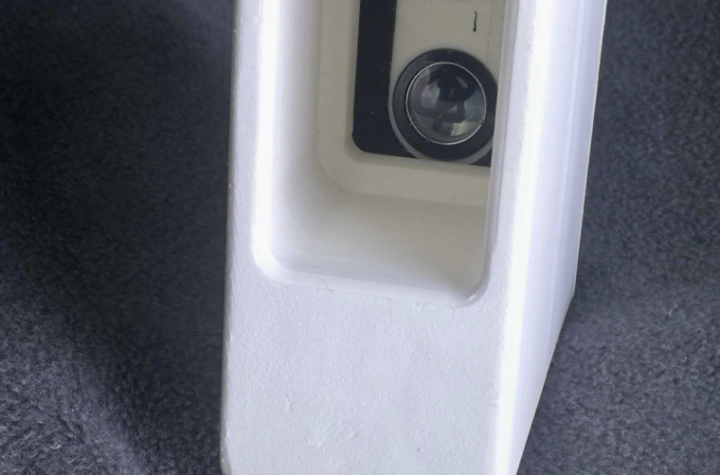
Proposed federal corporate average fuel economy (CAFE) standards of 54.5 miles per gallon, coupled with rising fuel prices, are spurring automakers to explore new ways to lighten up to improve fuel efficiency. It’s no secret that use of lightweight materials can help improve the energy efficiency of vehicles. New innovations in materials and technologies are expanding the scope of where vehicle weight can be trimmed.
David Loren, alternative energy vehicle market manager, Bayer MaterialScience LLC, will highlight several of Bayer’s lightweight solutions at the ITB Automotive Mass Reduction Strategies conference. Loren will present “Lightweighting Trends, and the Need for Innovative Solutions,” at 11:40 a.m., during the event’s “Materials Innovations” track today.
“Automotive OEMs are increasingly interested in using lightweight materials such as polycarbonate and polyurethane in both traditional and innovative applications to reduce vehicle mass in order to improve fuel efficiency,” Loren explains. “Bayer is uniquely positioned to help OEMs achieve their goals, and ultimately, meet consumer demand for better vehicle energy efficiency.”
Bayer’s diverse portfolio of lightweight materials can be used in numerous automotive applications, including composite underbodies, roof modules, load floors, exterior body panels, window glazing, headliners and interior components to help automakers lose weight without losing their style. Examples include:
• An underbody formed from Bayer’s polyurethane composite structure, which enables part consolidation and weight savings.
• Trunk floors and similar “load” floors formed from a thermoset polyurethane sandwich technology offer mass savings as high as 80 percent compared with traditional metal floors.
• Instrument panel (IP) structures made from Bayer’s “super-flow” polycarbonate/acrylonitrile butadiene styrene blend (PC/ABS) molded in thin walls can wring as much as 25 percent in weight from the IP structures. Additionally, this technology can reduce mass when used in glove boxes and knee blockers.
• Glass windows replaced with polycarbonate glazing not only reduces weight by up to 50 percent, but also offers greater aerodynamic styling options and improved insulation benefits. When used in roof modules, polycarbonate glazing offers lighter weight compared with glass, thereby reducing the vehicle’s center of gravity.
About Bayer MaterialScience LLC:
Bayer MaterialScience LLC is one of the leading producers of polymers and high-performance plastics in North America and is part of the global Bayer MaterialScience business with approximately 14,800 employees at 30 production sites around the world and 2011 sales of 10.8 billion euros. Bayer MaterialScience’s 2011 sales in North America were $2.9 billion. The company manufactures high-tech polymer materials and develops innovative solutions for products used in many areas of daily life. The main segments served are the automotive, electrical and electronics, construction, medical, and sports and leisure industries. Sustainability is central to Bayer MaterialScience LLC’s business and is based around the key areas of innovation, product stewardship, excellence in corporate management, social responsibility and respect for the environment.
For more information about Bayer MaterialScience LLC’s materials technology solutions for the automotive marketplace, call 1-800-662-2927 or visit www.bmsnafta.com.











More Stories
Click Shield from MIKROE simplifies integration of Arduino Portenta with over 1600 Click boards
Optimizing Mid-Power Silicon MOSFETs for Automotive Applications
Paolo Pininfarina named the 2024 Laureate of The American Prize for Design